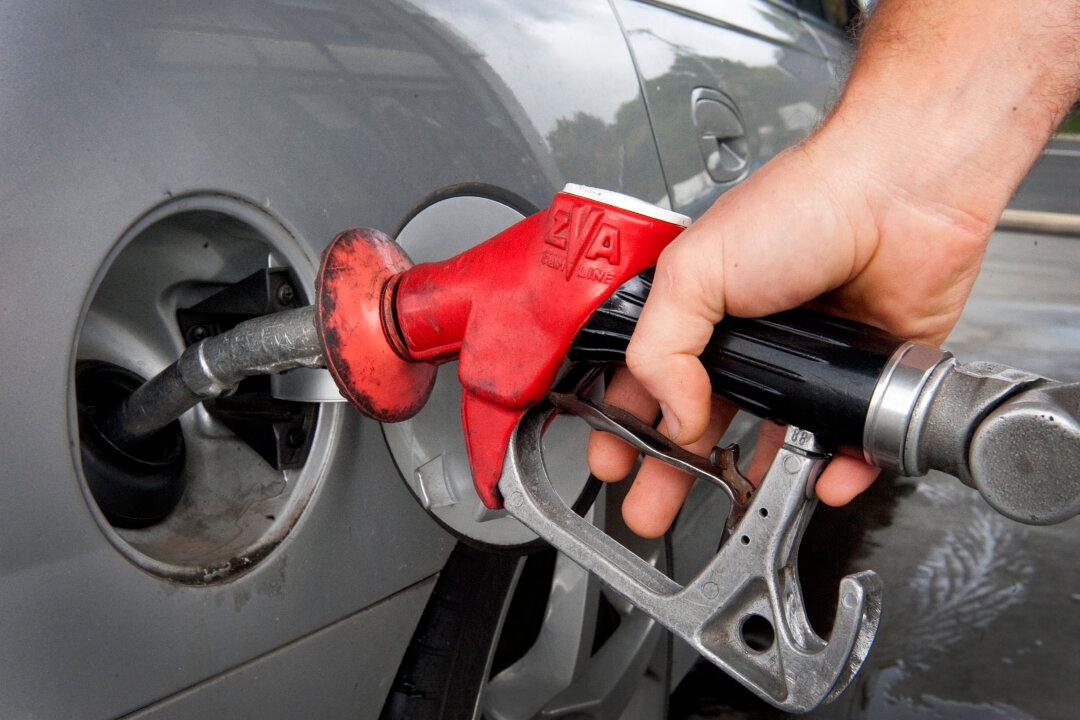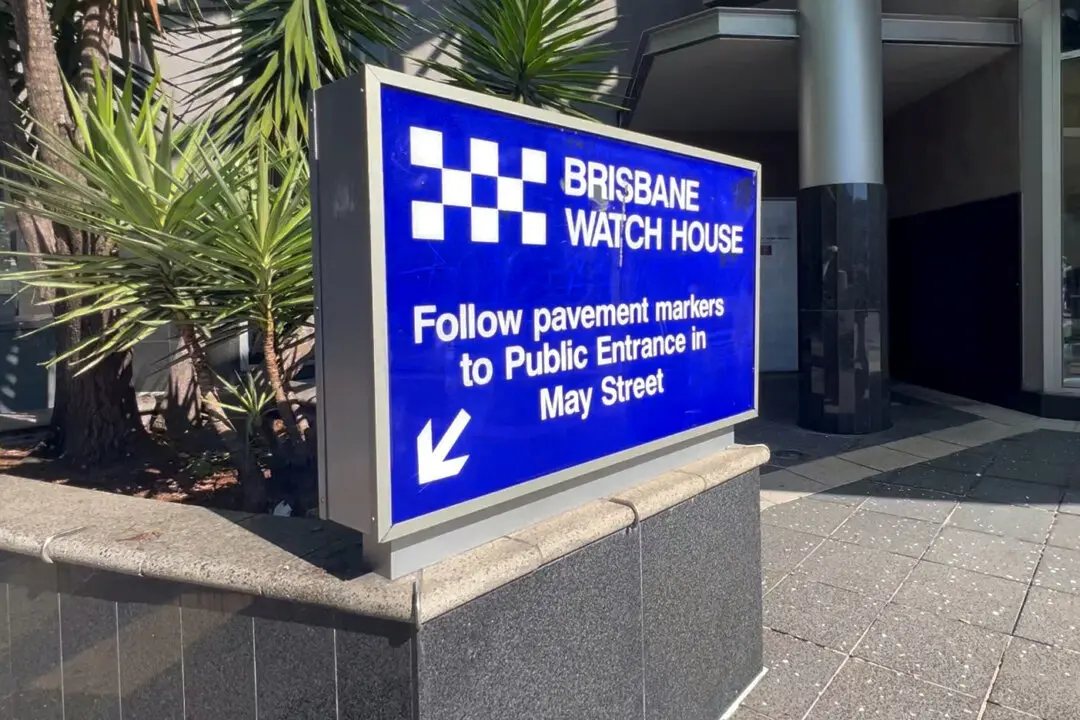Opposition Leader Peter Dutton has pledged that a Coalition government will scrap penalties on new car models that do not meet fuel efficiency standards set by the government.
Under current plans put in place by Labor, starting in July, new cars failing to meet the emissions criteria of the New Vehicle Efficiency Standard (NVES) will face heavy penalties.





